Today the cigar industry got a big win. Judge Amit P. Mehta has granted a Motion for an Injunction Pending Appeal delaying the enforcement of the implementation of warning label requirements by the U.S. Food and Drug Administration (FDA). Warning label requirements were scheduled to go into effect on August 10th. Under Judge Mehta’s order, any enforcement of the warning label requirements cannot begin until 60 days after the conclusion of the appeal being filed by the cigar trade organizations.
Back in May, Judge Mehta ruled in favor of the FDA in regards to Warning Labels. However, he stated: “the court cannot let pass without comment what it ‘deems’ to be a grossly unfair exercise of agency authority.” The ruling concluded “The court’s displeasure with the FDA’s handling of the status of premium cigars, no doubt, provides little consolation to the industry. But the court can do no more. Its hands are tied by both the law and the posture of the case.”
In today’s ruling, the Court cited a very recent (June 26) Supreme Court decision out of California and the merits of the appeal as the reason for granting the injunction.
The court grants Plaintiffs’ Motion for an Injunction Pending Appeal. The issues appealed by Plaintiffs present “serious legal questions” as to the constitutionality of FDA’s warnings regime, a conclusion only reinforced by the Supreme Court’s recent decision in National Institute of Family and Life Advocates v. Becerra, No. 16-1140, 2018 WL 3116336 (U.S. June 26, 2018). Additionally, Plaintiffs likely will suffer irreparable harm absent injunctive relief: they will have to communicate purely factual government speech in a form and size to which they object; will have their own commercial speech diminished; and will have to incur millions of dollars in compliance costs, which they will not be able to recover if the warnings regime is determined to be unconstitutional. Finally, both the balance of equities and the public interest favor an injunction pending appeal.
In the end, this court believes that Plaintiffs are entitled to a full hearing before an appellate court without the specter of a warnings regime going into effect that might ultimately be found to run afoul of the First Amendment. Accordingly, the court enjoins Defendants from enforcing the new warnings requirements for cigars and pipe tobacco set forth in 21 C.F.R. §§ 1143.3 and 1143.5 until final disposition of Plaintiffs’ appeal.
A big part of the decision was a Supreme Court ruling in the National Institute of Family and Life Advocates v. Becerra case. This addressed a California law requiring unlicensed clinics serving pregnant women to provide a government-drafted notice on site and in all advertising materials notifying women that the clinics were not licensed by the state of California. The court ruled that the disclosures were “unjustified and unduly burdensome” and that the disclosure violated the First Amendment. In particular, the ruling emphasized the Supreme Court’s admonishment that a compelled disclosure be “no broader than reasonably necessary”.
The ruling also points out that, “Satisfying this mandate will require Plaintiffs to communicate a government message for which they claim there is no substantial government interest and is in a form and size that they assert is unduly burdensome and ‘crowds out’ lawful commercial expression. In this instance, the First Amendment impairment constitutes irreparable harm.”
Concurrently, there was another effort to stop the implementation of warning labels by a group of Texas Cigar companies. However, the judge in the case ordered it to be transferred to the District Court of the District of Columbia. No timetable has been set on the appeal.
Scott Pearce, IPCPR Executive Director stated, “This deadline has been bearing down on our members for some time now. And while this is a temporary reprieve, it is a welcome development and hopefully a sign that our message is resonating. IPCPR is proud to be a party to this lawsuit, and we’ll continue to work with our great legal team and staff in DC to bring about the optimum regulatory framework for the premium cigar industry.”


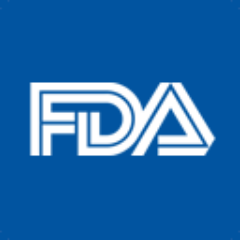


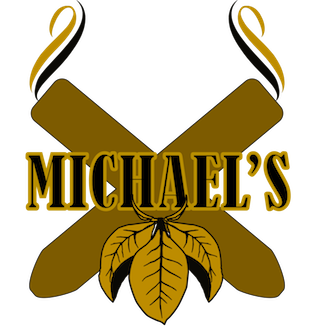
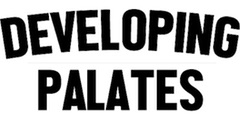
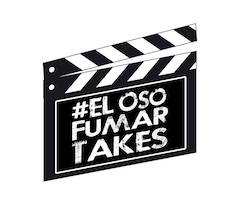

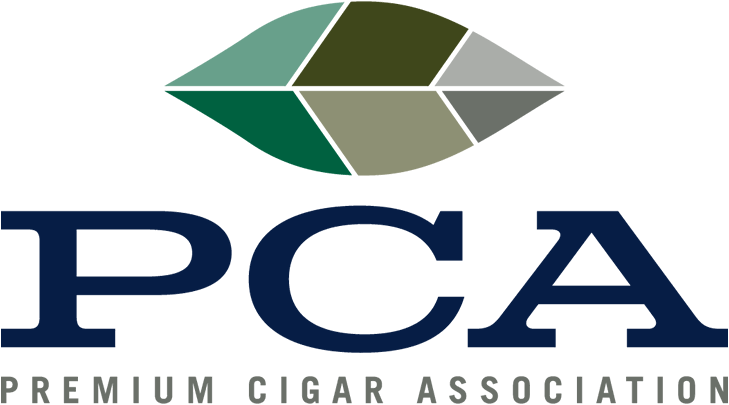
The Scoop With Coop News – KMA Talk Radio
[…] or delay against warning labels pending an appeal. In a surprise turn of events, on July 6th, 2019 the injunction against implementing warning labels was granted. The injunction was granted by Judge Mehta as the result of another precedent set in a case […]